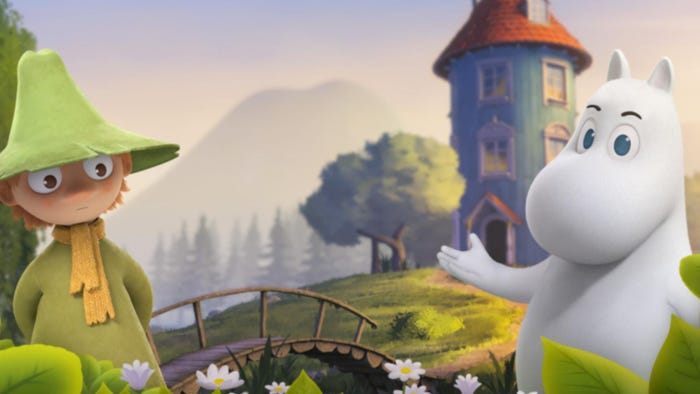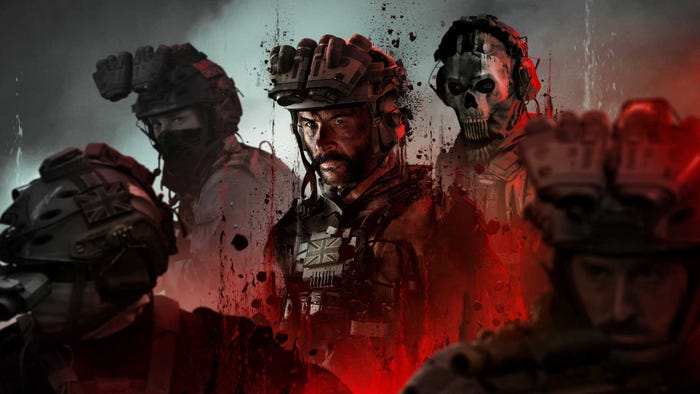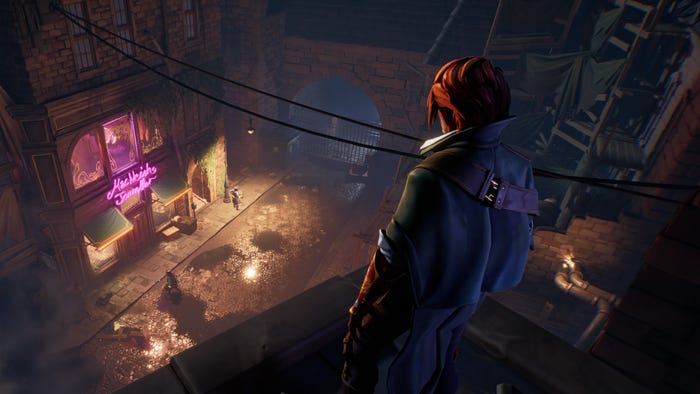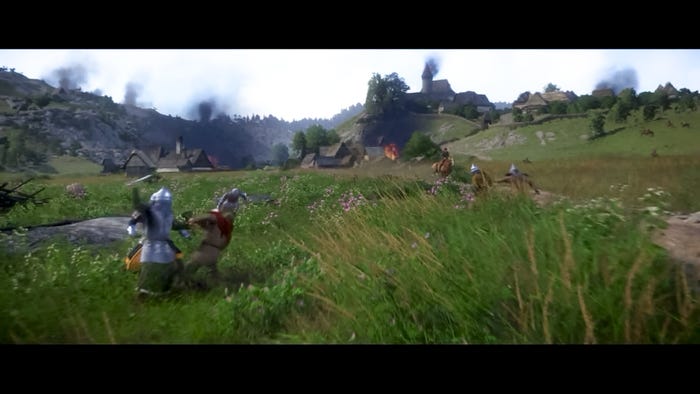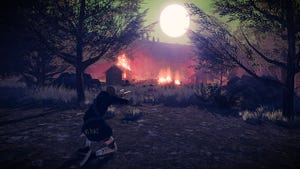Continuing Gamasutra’s interviews with Independent Games Festival 2007 entrants, we chat to Alex Austin and Edmund McMillen of Cryptic Sea, developer of explosive puzzle game and IGF finalist Blast Miner.

Continuing Gamasutra’s ‘Road to the IGF’ feature, which profiles and interviews Independent Games Festival 2007 entrants, today’s interview is with Alex Austin and Edmund McMillen of Cryptic Sea, developer of explosive puzzle game Blast Miner. Crytpic Sea developed the title, which they describe as a “physics based game where you use TNT, gasoline and stones to cause huge explosions that blast through the earth”, over a period of just six months. Players score points by blasting gold found in the ground into “a handy dandy gold sucking machine” – aside from various single player modes, the game can also be played in a vs. multiplayer mode. Austin is also involved with 2007 Excellence in Visual Art award finalist Golf? and worked alongside McMillen on Seumas McNally Grand Prize and Innovation in Game Design award winner Gish, in 2005. Blast Miner itself has been recently announced as a finalist in the Technical Excellence category in this year’s competition. We spoke to Austin and McMillen about the game, its entry into the IGF, and the state of mainstream and independent gaming right now. What is your background in the games industry? Austin: I've been making independent games since 2001. McMillen: I worked on that game Gish... I'm a one trick pony. When was Cryptic Sea formed, and what previous titles have you released? Austin: Cryptic Sea was formed somewhere around January 2006, the only previous title is Bridge Building Game, a remake of a game I made in 2000 which was named after the noun for a person who builds bridges. What inspired Blast Miner, and why did you decide to make it? Austin: The original idea was to make an arcade game for the PC, a less complex game that hardcore gamers would still appreciate. That didn't happen. What were your expectations from your game, and do you feel the end product lives up to those expectations? Austin: I thought the arcade mode turned out pretty good, but it takes some time to learn. The puzzle mode turned out much better than I thought it would. Given that the game features two rather different modes of play, which do you feel is the primary mode? Austin: I would say the puzzle mode is the primary mode, it's much easier to pick up and have fun with. McMillen: I'd say the puzzle mode is now the top dog. What do you think the most interesting thing about your game is? McMillen: The fact that there is never only one way to complete a level and the ability the game gives the player to get creative with their problem solving. It's one of those games that makes you feel really smart when you do something right. How long did development take? Austin: It took about 6 months, but Edmund and I were both working on other games as well. What was the development process like? Austin: It's been a good learning process, we originally thought the arcade mode would be more popular than it was. We realized however that not enough people were going to "get it", and we were able to add the puzzle mode which turned out to be a fun game in its own right. What do you think of the state of independent development, and how do you think independent games fit into the industry? Austin: Still good. Have you checked out any of the other IGF games? Austin: I have only had a chance to try Tri-achnid and Braid. Which ones are you particularly impressed with, and why? Austin: Tri-achnid has some cool physics and the look of the game has really improved in the last couple months. I think Braid will amaze people when it comes out. Which recent indie games do you admire, and which recent mainstream titles do you admire, and why? McMillen: I play Golden Axe on my Wii with my wife, we are so close to beating Death Adder, victory is in sight. Austin: I'd have to say the mainstream pretty much sucks right now. Do you have any messages for your fellow contestants or fans of the IGF? Austin: If you like independent games then support indie developers by buying their games or spreading the word.
About the Author(s)
You May Also Like


